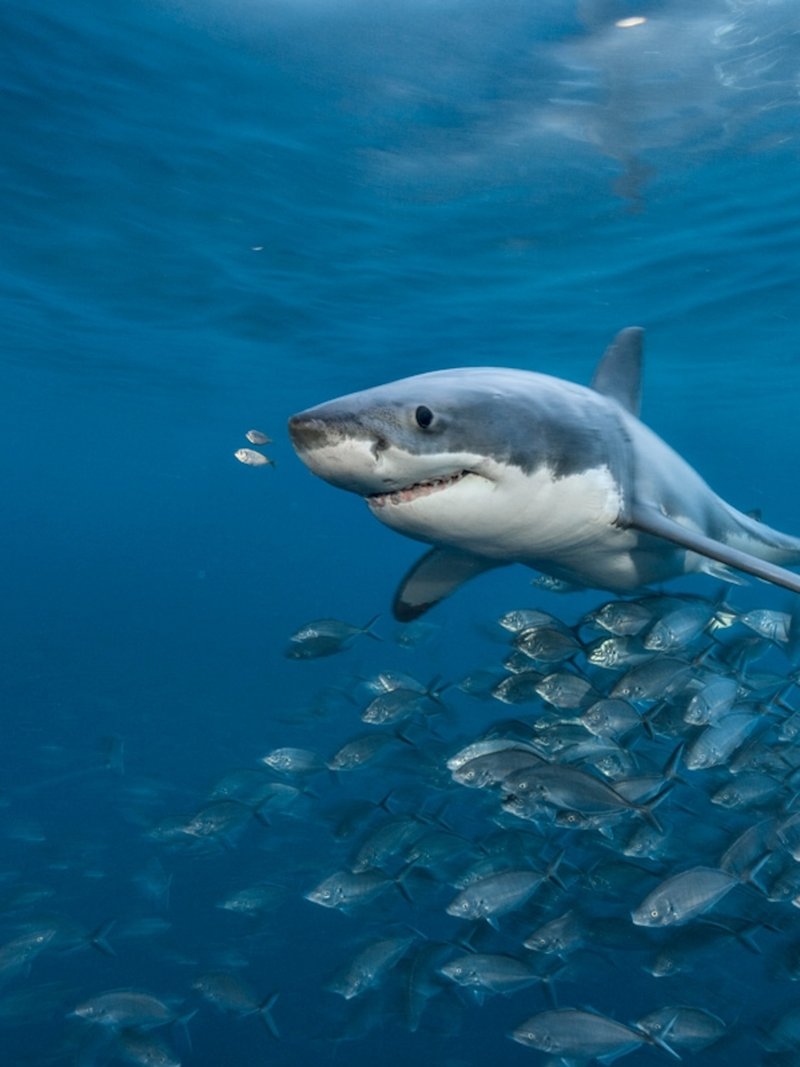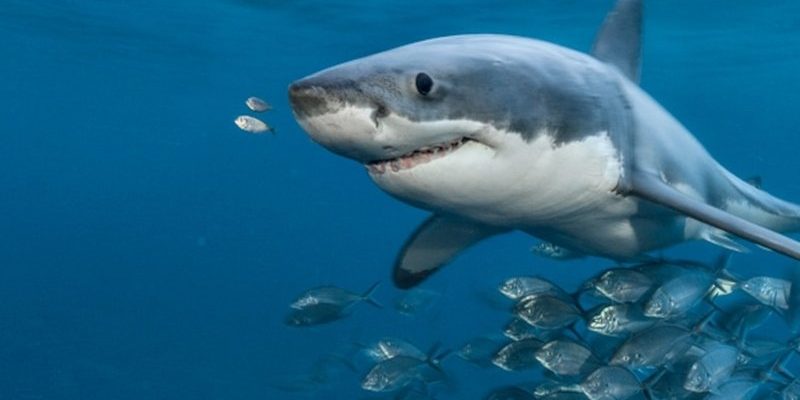
Imagine for a moment that the ocean is a bustling city, filled with shops, cafes, and parks. Each species, including great white sharks, plays a unique role in maintaining the balance of this ecosystem. If one species starts to dwindle, it’s like a store closing down—suddenly, the whole neighborhood can feel the effects. As we dig deeper into the conservation status of great white sharks, we’ll explore the challenges they face, the efforts being made to protect them, and why it’s crucial to keep these sharks swimming in our oceans.
Understanding the Status of Great White Sharks
The conservation status of great white sharks is categorized by the International Union for Conservation of Nature (IUCN). They label them as vulnerable, which means they are at risk of becoming endangered unless the circumstances threatening their survival improve. This status is primarily due to the decline in their population over the years, driven by both human activity and natural factors.
You might be wondering how we determine the population of great white sharks. Well, it’s not as straightforward as counting apples in a basket. Researchers use methods like tagging and tracking to study their movements and behavior. This helps us understand where they’re thriving and where they are struggling. Sadly, many populations are shrinking due to overfishing, accidents with fishing gear, and loss of habitat. It’s a troubling trend that we must address to ensure their survival.
Another factor affecting great white sharks is climate change. Rising ocean temperatures and changing sea levels can impact their prey, which in turn affects the sharks themselves. If their food sources decline, the sharks may have to travel further or adapt to new feeding habits, which isn’t always successful. This delicate balance is something we need to keep an eye on as we push for their conservation.
The Threats Facing Great White Sharks
Great white sharks face a range of threats, many of which stem from human activity. One of the biggest culprits is overfishing. While great whites are not typically targeted directly by commercial fisheries, they often fall victim to unintended catches—known as bycatch. This happens when they get caught in nets designed for other fish. Here’s where it gets alarming: once caught, most sharks don’t survive.
Another significant threat is habitat loss. Coastal development and pollution can disrupt the breeding and hunting grounds of these sharks. Imagine trying to find a quiet corner in a busy city where you can unwind—it’s tough, right? That’s how it feels for great white sharks when their habitats are destroyed or polluted.
Shark finning is also a major issue. In some cultures, shark fins are considered a delicacy, and this has led to the cruel practice of removing fins from live sharks and tossing the rest back into the ocean. This not only kills the sharks but also disrupts the ocean’s ecosystem.
Conservation Efforts in Action
Fortunately, there’s hope for great white sharks thanks to various conservation efforts. Organizations worldwide are stepping up to protect these magnificent creatures. For instance, many countries have implemented fishing regulations to limit the catch of sharks and reduce bycatch. These laws can be crucial in allowing shark populations to stabilize and recover.
Research plays a vital role in conservation, too. Scientists are continually studying great white sharks to better understand their behavior, migration patterns, and reproductive rates. By gathering data, they can advocate for strong protective measures. Collaborative efforts between governments, conservation groups, and local communities are forming a united front against threats to sharks.
One inspiring initiative is the creation of marine protected areas (MPAs). These are regions in the ocean where human activity is restricted or managed to protect marine life. In MPAs, great white sharks can thrive without the pressure of fishing and habitat destruction. These sanctuaries not only benefit sharks but also numerous other sea species, contributing to overall marine health.
What You Can Do to Help
You might be thinking, “That sounds great, but what can I do?” Well, there are several ways you can help protect great white sharks. First and foremost, educate yourself and others about the importance of sharks in our oceans. Sharing your knowledge can raise awareness and inspire more people to care about these mysterious creatures.
Another effective way to contribute is by supporting conservation organizations focused on shark protection. Many non-profits work tirelessly to combat threats to sharks and advocate for better policies. Donations, volunteering, or even participating in local clean-up events can make a difference.
Additionally, make sustainable seafood choices. Check labels and ensure that the seafood you purchase is sourced responsibly. By being mindful of your consumption, you can help decrease the demand for overfished species. Small changes in our habits can lead to big impacts!
The Role of Education in Conservation
Education is a powerful tool in protecting great white sharks. Schools and community programs can introduce young people to marine biology and conservation efforts. By fostering a love for the ocean and its inhabitants early on, we can inspire future generations to become stewards of the sea.
Many organizations offer programs that bring people into the field for hands-on learning experiences. Imagine being on a boat, watching great whites breach the surface! These unforgettable moments help people connect with marine life, growing their passion for conservation.
Moreover, public awareness campaigns can shine a spotlight on the challenges sharks face. Through social media, documentaries, and community events, we can spread knowledge and motivate collective action. When people understand why sharks matter, they’re more likely to support conservation initiatives.
In summary, great white sharks are vulnerable, but they’re not beyond saving. Through awareness, education, and concerted conservation efforts, we can help ensure that these magnificent predators remain part of our oceans. It’s not just about saving sharks; it’s about maintaining the balance of marine ecosystems that benefit all life on Earth.
We all have a role to play in protecting great white sharks and their habitats. So let’s dive in, get involved, and make waves in conservation. Because together, we can help keep these incredible creatures swimming for generations to come.

